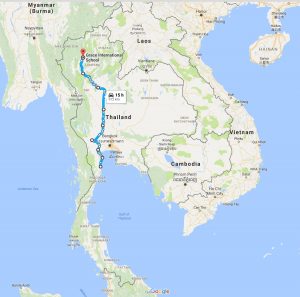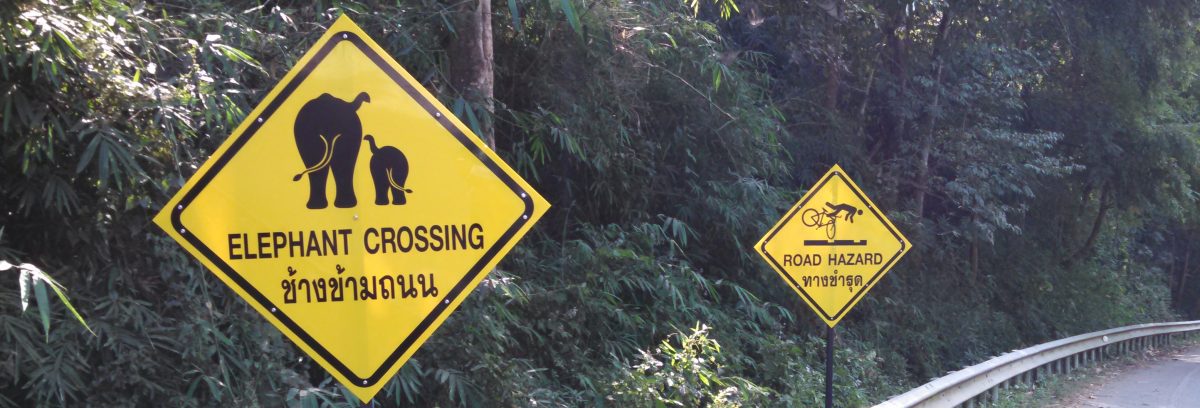
Joe Friel wrote Fast After 50 as he was turning 70 years old. Now, this guy’s a lifetime coach and athlete himself so he’s earned the right to be listened to. He’s pulled together the latest, most current, and the best science, from the best universities. Now, understanding that science is always moving. But, learning what he can learn from the people that have gone before us. I really appreciate that. It’s real put-your-money-where-your-mouth-is kind of book. And, without taking action it’s kind of worthless. So, I’m really trying to put into my life what he’s pulled out from his experience and make a change.
His recommendations are pretty simple and in my own words, they’re kind of being honest in three different ways. We’ve got to be honest that our bodies are not the same as they were. We’ve got to be honest that we’re not riding as hard as we used to. And, we’ve got to be honest in deciding what we want to do as far as training. Like I say, these are my words, not his. But, the fact is we’re not twenty-one any more. Our bodies are taking longer to heal. Our bodies are taking longer to recover between hard rides. Our bodies are taking a little bit of, well, we have to focus on nutrition. We didn’t have to when we were younger, we got away with a lot of stuff, but you know, being honest, we could have eaten better, we could have taken better care of our bodies. But, we do have as older riders is a wealth of experience, both mentally experience, muscle experience, movement efficiencies that we’ve gained and only time can give that to us.
The second thing of the three here that we have to really be honest with ourselves is we’ve got to admit that we’re kind of being lazy. These long slow rides that we love, that I love anyway, are comfortable, they’re worthwhile, and they’re better than nothing. But, to be honest, that’s exactly what they are; comfortable, worthwhile, and better than nothing. The same principle science tells us very clearly is that the same things that helped us be a better athlete when we were younger are going to help us be a better athlete now that we’re older. That “General Adaptation Syndrome,” that push and recover, that stuff that makes us faster, that stuff that makes us stronger, the stuff that makes us better athletes, that hasn’t changed. That means, in my world, I’ve got to get out there and change those long slow rides to something more like interval training, some threshold training, and strength training. Gotta put-your-money-where-your-mouth-is. And leads to the last thing, being honest with what we want out of training.
If we’re happy with what we’re doing. If we’re meeting our own goals. Whatever we’re doing is fine. But, I want to do better on this 1,000K. That means I’ve got to put in some effort that I haven’t been putting in before and change the way I’m doing it to be more efficient, to be more deliberate, and be as effective as I can in every ride that I take.

So, all this stuff out here is actually my attempt to put into practice what Joe Friel lays out in his book. Now, I’m also starting to read his next book, The Cyclist’s Training Bible. It’s laying out more details. I’ve also had the chance to talk to two high-end, long-time coaches that have really helped move from a little bit of the theory to the actual practice. I’m really excited about the changes that I’m putting in to effect right now to make myself more efficient as I’m doing this.
So, I’ve got three major goals. Let me tell you what they are.

To be ready for six consecutive days of riding 1,000K. Four of those days are going to be long, hot and flat. One of those days will be all uphill. And, one of those days is going to be coming off the hill, kind of up and down roller things. That’s what I want to train for.
Number two, I want to minimize these age-related performance killers that Joe Friel talks about in the book. That’s decrease in aerobic capacity, increase of body fat, decrease of muscle mass. Personally, I’m losing weight. I’ve lost sixty-two pounds since I’ve started this adventure a few years ago. I’m feeling much better. I’m not carrying around as much extra weight. But, I know that I have to do a lot more. So, while I’m doing better, I’ve got to keep pushing this one because I want to be ready for this ride and I want to be healthier.
And the last thing, I want to make each ride count by optimizing the type of ride and the workout I’m doing. Optimizing my recovery plan between the rides and my nutrition between rides. And lastly, I want to optimize the enjoyment, the comradery, and the general experience.
So, as you can see, this aren’t earth-shattering, rocket-science-filled goals. But, these are my goals. This is what I want to do. I think I’ve got good reasons to do each one of these.
So that’s my sort of book report on Joe Friel’s Fast After 50 and a bit of a teaser for The Cyclist’s Training Bible. These books have been great. Like I say, these are put-your-money-where-your-mouth-is kind of books. It takes action. You need to do something if you are going to read these books and call them useful. I’m starting it. I’ve got a lot to go. But, it’s already made a difference. So, hopefully, this will be the same for you. To make life a little bit easier I’ve put links down below to these books thru my blog. Take a look at them, get them, put them into your library, read them, study them, make changes. It’s starting to work for me.
